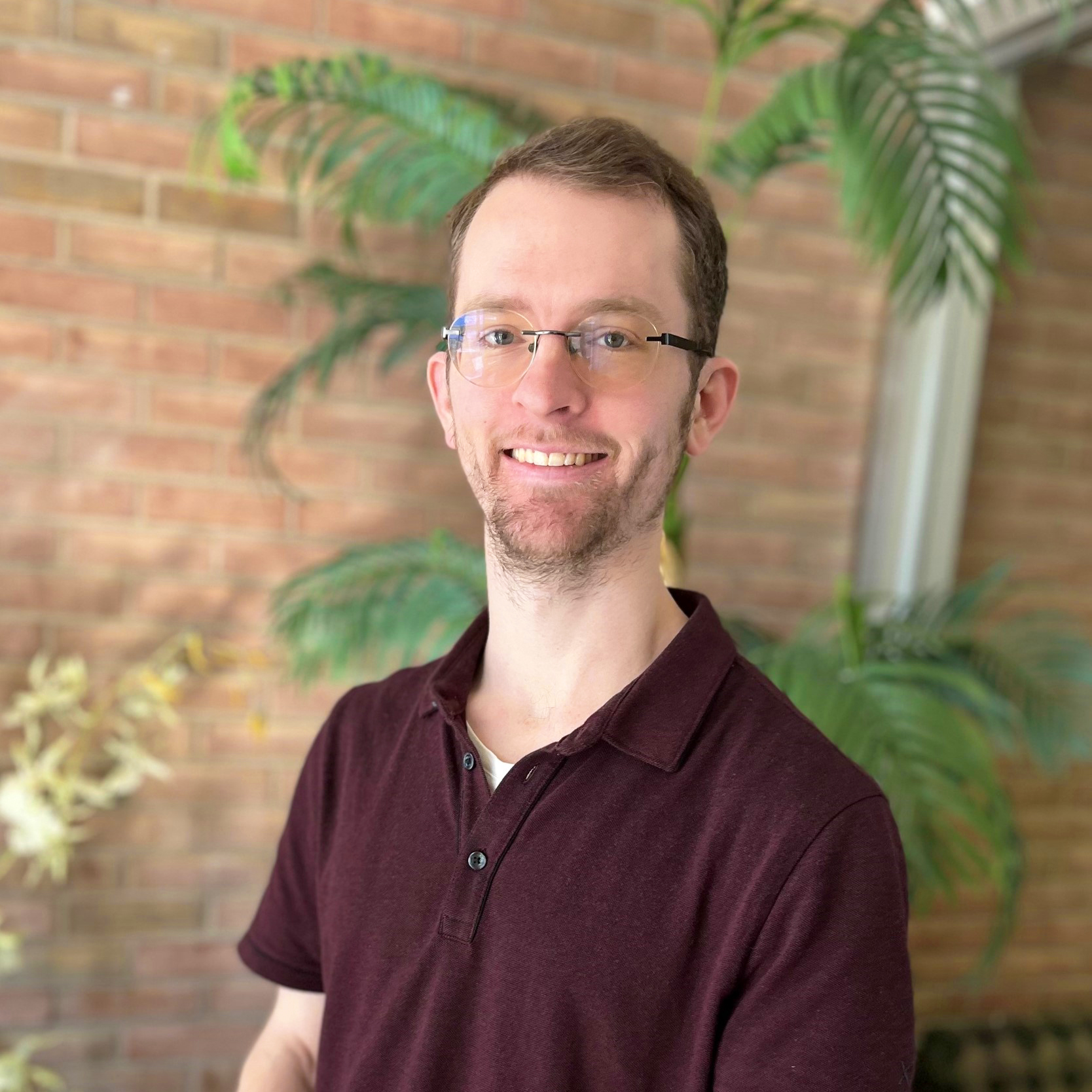Michigan State University is fortunate to have passionate educators who are committed to enhancing the experience of their students and who help to provide the best education possible.
The Graduate School is featuring some of these educators – graduate and postdoc educators - every month to share their unique stories and perspectives on what it means to be a dedicated educator, how they’ve overcome educational challenges, and the ways they have grown through their experiences.
For April 2023, we are featuring Chase Bruggeman, a doctoral candidate in Chemical Engineering. He shares how challenging students, respecting their work, and sharing your own enthusiasm as an educator can make a world of difference for the students.
 What does it mean to be an educator at a university?
What does it mean to be an educator at a university?
One component of being an educator at a university is challenging students to accomplish more than they thought they were capable of, in a setting where their efforts are completely accepted. The classroom environment should be one where students can look over their work and think, "Wow! I did that? That's so cool!"
Another component of being an educator at a university is being enthusiastic about the course material. In my own experience, the enthusiasm of an instructor will be remembered long after the facts of the course have been forgotten, and it will carry the student farther.
A third component of being an educator is treating the students' work with respect. An instructor may be both enthusiastic and challenging, but if they do not actually grade the homework or the exams, students will stop caring, and they will stop learning. Ultimately, being an educator at a university is about creating an environment where students desire to teach themselves the course material.
What are some challenges you have experienced and how have you grown from these?
One of the challenges I experienced was communicating course logistics to the students. I misunderstood the prerequisites for a course I taught, and one of the students had to drop because he hadn't taken the necessary background courses. The experience taught me to defer questions about course logistics to the instructor of record or to the course website, and to appreciate the limits of my own awareness.
What value do you see in Teaching Professional Development?
Teaching Professional Development passes along wisdom more quickly than experience alone can provide. I'll share an example from one of the books the graduate TAs read that changed how I see course evaluations.
The author describes batting practice in professional baseball. If a hitter receives 15 fastballs, then 15 curveballs, then 15 changeups, they will perform better in practice compared to one who receives the same pitches in a random order. However, they will perform worse during a game because they have less practice deciphering pitches.
The author holds that learning in general is like batting practice: students may feel like they master material in class, but this feeling could be more a sign of their comfort than a sign of their actual knowledge. As a result, I'm more interested in asking students how much they were challenged by a course, rather than asking how much they learned from a course.
Professional development opportunities give instructors a chance to learn nuggets of wisdom like this, and they also invite educators to grow closer to one another in the process.
What is one piece of advice you would give other graduate educators?
I actually don't think I would give general advice to graduate educators. Educators' attitudes toward teaching, their class environments, their workloads, personalities, etc. all vary widely, and I almost certainly wouldn't understand their situation well enough to say something that they wouldn't already have thought about.
If they ask me for my perspective, or simply want a sounding board, I'm happy to listen and share what I think might be helpful. Just letting a fellow graduate student know that you understand them is sometimes more valuable than giving them advice.
What do you enjoy in your free time?
Math and friends. I also enjoy a good classical music concert, or a walk outside, or a good nonfiction book.


